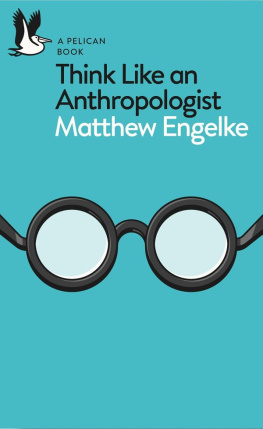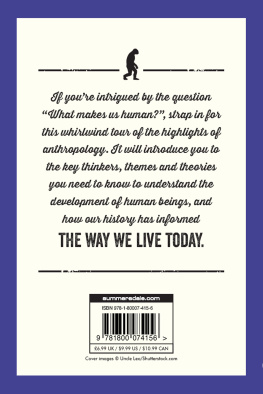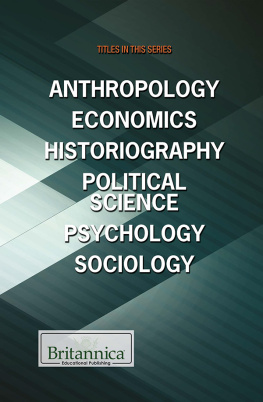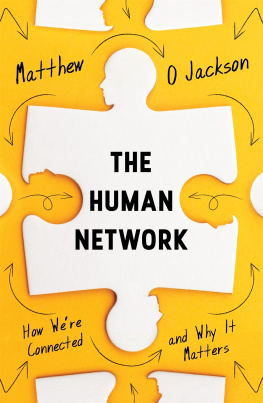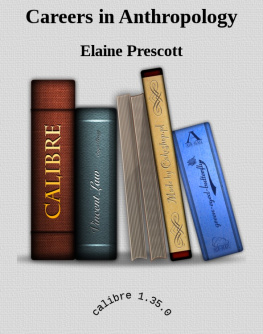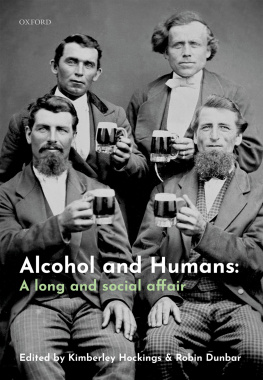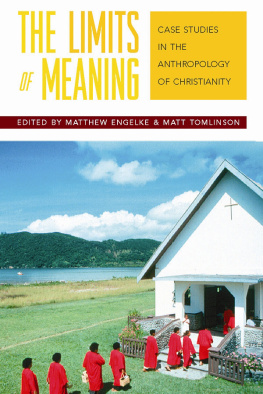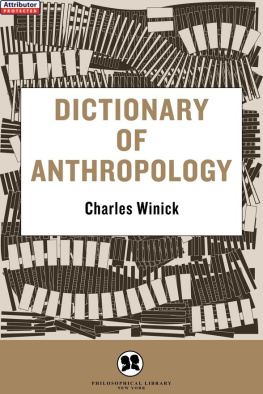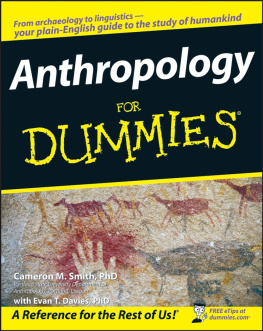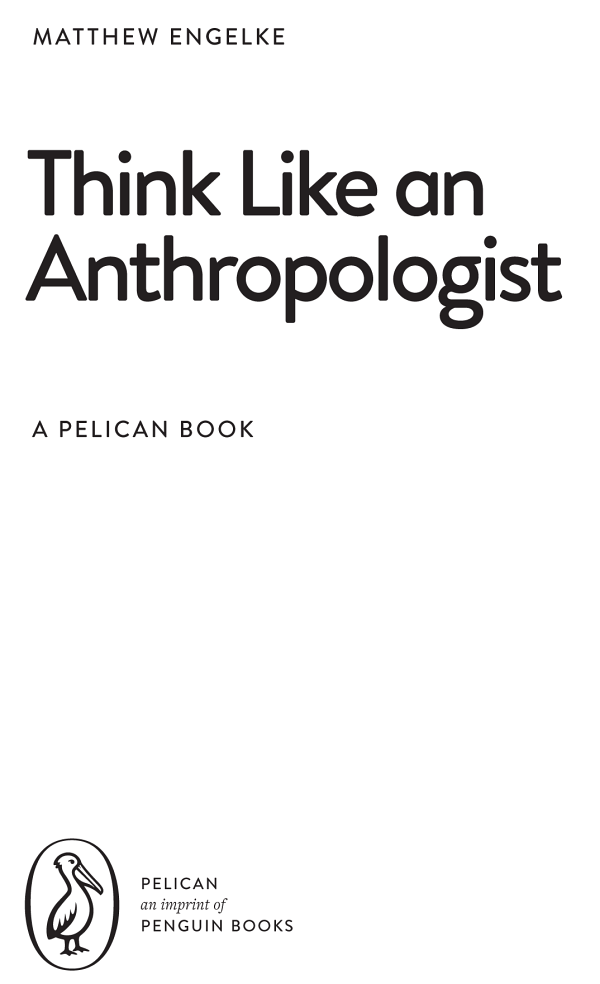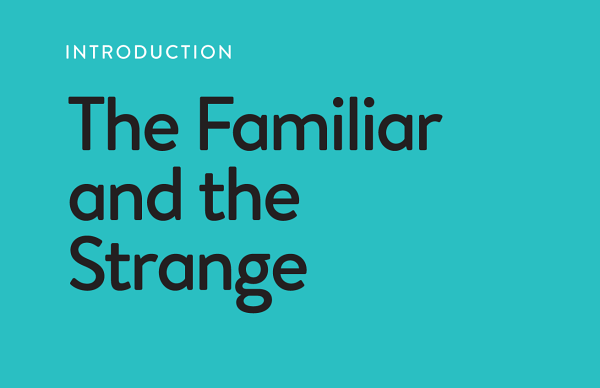For Rebecca
Cushing ended up in Zuni, one of the pueblos. He was captivated by the Zunis methods of farming and irrigation, animal husbandry, skill at pottery and elaborate ceremonial dances. He stayed longer than three months a lot longer, as it happens, nearly five years. By the time he returned to Washington DC, in 1884, he spoke the language fluently, was a decent enough potter, and bore a new title, alongside that of US Assistant Ethnologist: First War Chief of Zuni.
Cushing published several
In 2000, Caitlin Zaloom set off from Berkeley, California, to London to undertake research on futures trading. Zaloom had already spent six months in 1998 working as a runner at the Chicago Board of Trade. The value of runners had been tested by time; these were the people who literally ran across trading floors, scraps of paper in their hands with orders placed by customers on the other end of
German Treasury bond futures might well be recognized as closer to the workings of power than a Zuni cornfield, yet they are hardly a riveting topic. For Zaloom, however, futures trading was a window onto the larger world of markets, morality and conceptions of rationality. It was also a window on to the processes of globalization, itself furthered by new technologies, market regimes and culturally specific systems of exchange. What made electronic trading particularly interesting to her was the extent to which it promised to deliver a truly free market one based on the rationality of electronic, disembodied transactions, rather than humans literally fumbling over each other. Get out of the trading pits, the promise of e-trading held, and its almost as if you step out of culture; you free yourself from the biases and background factors that might hamper your profits. As Zaloom makes clear, the promise wasnt delivered, in large part because you cant step out of culture you cant trade futures in a culture-free zone.
Cushing in Zuni; Zaloom in London: this is anthropology. Over the past 150 years, the discipline of anthropology has been driven by a curiosity with humankinds cultural expressions, institutions and commitments. What is it that makes us human? What is it that we all share, and what is it that we inherit from the circumstances of society and history? What can seemingly small details, like the cultural significance of maize or our use of computers, tell us about who we are?
Anthropology has always worked at the intersection of nature and culture, the universal and the particular, patterns and diversity, similarities and differences. Exactly how that work takes place has changed over time. Back in Cushings day, theories of social evolution, modelled on the findings of Charles Darwin in biology, drove the ways in which the newly emerging field of anthropology approached cultural diversity; back then, the Zuni were thought to occupy a different, earlier stage of humankinds development. Today, an anthropologist such as Zaloom would be much more likely to argue that the truck and barter of small-scale societies should be treated in the same frame as e-trading in cyberspace. Still other approaches have been dominant, and even today there are distinct ones: there are cognitive anthropologists and postmodern ones too; Marxists and structuralists; most including me would subscribe to no such labels, preferring to draw from their own handmade portmanteau. But what binds them all is the stitch of the cultural.
This book focuses in the main on the kind of work that Cushing and Zaloom have done, which is often called social or cultural anthropology. Its the kind of anthropology that I do as well hence my slant. But not all anthropologists work with living, breathing people, situated in a particular place or community. In several national traditions, the biological and evolutionary aspects of humans are looked at alongside the cultural ones. Archaeology and linguistics are often important areas of anthropology too. Some anthropologists, in other words, focus on teeth and hip bones; others on what prehistorical settlement patterns can tell us about the emergence of agriculture, iron smelting and state formation; still others on technical aspects of Bantu noun classes and phonology (the study of the organization of sound use in language). When it comes to archaeology and linguistics, the links with culture are pretty obvious: archaeology, after all, is concerned with what we often call material culture; language and culture are two sides of the same coin. (And besides, most linguistic anthropologists study language use, rather than its abstracted formalities. That means studying it in particular places and particular times, much like cultural anthropologists.) Yet even for anthropological specialists in anatomy and evolution, the building blocks of culture are a central interest. The size of our brains, our dental make-up, and the strength of our thighbones are studied by biological anthropologists for what they can tell us about the origins of language, tool use, and the rise of bipedalism. In a word, culture.
First contact: a personal tale
I remember very well the first piece of anthropology I read. I was a first-year student at university, holed up in the library on a cold Chicago night. I remember it so well because it threw me. It challenged the way I thought about the world. You might say it induced a small culture shock. It was an essay entitled The Original Affluent Society, by Marshall Sahlins, one of the disciplines most significant figures. In this essay, Sahlins detailed the assumptions behind modern, Western understandings of economic rationality and behaviour, as depicted, for example, in economics textbooks. In doing so, he exposes a prejudice towards and misunderstanding of hunter-gatherers: the small bands of people in the Kalahari Desert, the forests of the Congo, Australia and elsewhere who lead a nomadic lifestyle, all with very few possessions and no elaborate material culture. These people hunt for wildlife, gather berries and move on as necessary.
As Sahlins shows, the textbook assumption is that these people must
After reading Sahlins, I could never hear talk about affluence in quite the same way. I could never rest easy with my own assumptions about what it means, and how my assumptions often took on the rather dangerous garb of common sense. This lesson from Sahlins was only the first of many when it came to words I thought I knew how to use, how to think with. As a student, I quickly learned that anthropology is very good at questioning concepts, at questioning common sense. One of the disciplines trademark clichs is that we make the familiar strange and the strange familiar. It is a clich, but its no less true for being so. And that process of questioning, that process of turning things upside down, is one of lasting value.
In the chapters to follow, I take a page from Sahlins book from every good anthropologists book and set about exploring and questioning concepts. They are not technical concepts, and they are all ones with which you will be familiar. They are, in fact, everyday words, and purposefully so. As a rule, anthropologists are interested in everyday things. I begin with anthropologys foundational concern itself culture and then go on to consider a small number of others: civilization, values, value, blood, identity, authority, reason and nature. It is a bare-bones list; I am all too aware of whats being left out. What about society? What about power? But there is no point in trying to be exhaustive; there would always be another term to add. This book is a map with some points of orientation. It is meant to be a useful guide to a larger territory the territory of our lives which is and always will be defined by the importance of taking account of the lives of others.

